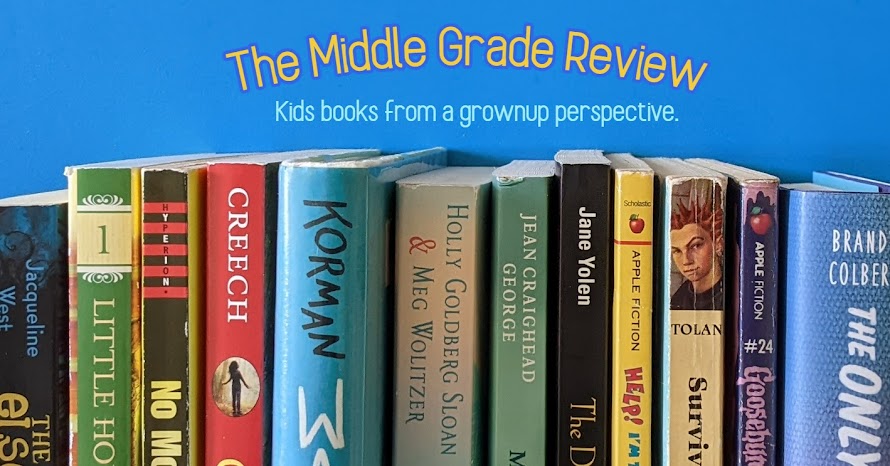Mixed Up (Gordon Korman)
Theo and Reef have their own problems, and then they have each other's. Body swap stories are usually definite and immediate switches—Jamie Lee Curtis goes back to high school, Tom Hanks gets a job at a toy company, Kevin Spacey is a cat—but Gordon Korman takes a fresh approach to the genre in Mixed Up (Scholastic, 2023). Theo and Reef are two twelve-year-old boys who find themselves unable to recall certain memories, but then can recall new memories... of a life they didn't live. Somehow, not by choice, they're trading memories to each other.
Most body swap stories are about appreciating life, the one lost to the switch or one that had been lost on the way to adulthood, or coming to appreciate the person with whom you've changed places. These can be entertaining stories, but usually there's little else for the audience or reader to appreciate. The plots are pat, the messages sweeping. Not so here. Because the switch in Mixed Up happens gradually, its victims have time to contemplate their fates.
Reef in particular feels doomed, as memories of his dead mother blink out of his head. The transition from mother-and-son duo against the world to orphan taken in by a fairly hostile foster family was shocking enough. Now Reef envisions himself trapped in a family that rejects him without knowing why he's there to begin with and completely lacking the warmth of even the memory of his mother's face.
Korman's prose are entertaining, in turns funny and beautiful, but the plot never overshadows the characters' internal dilemmas. The protagonists take turns telling the story. Of course they grow to understand each other more deeply, as is expected in a body swap, but they also increasingly work together as a single unit. The joy of the book isn't the fish-out-of-water farce, like Big or Todd Strasser's Help! series, nor the mistaken identity romp, like Freaky Friday or Vice Versa—although elements of both are present here. What's unique and successful in Korman's story is the characters' growing reliance on each other: they aren't so much switching brains as merging into one person in two places.
What's more, there are no real villains here (with the exception of a fleeting side character who really just serves the purpose of revealing the complexity of another, more important secondary character). The secondary characters are complex, human. Their good intentions are revealed and honed by the growth of the main characters, mostly in ways they themselves never fully appreciate.
So much care is given to the emotions and motivations of all the characters in Mixed Up when the book could easily have been a straightforward mystery or comic thriller. Of course, that's par for the course for Gordon Korman who keeps churning out aces in the hole every few months.


Comments
Post a Comment